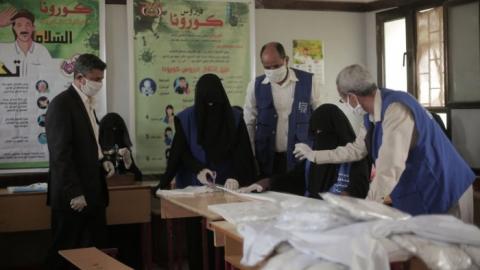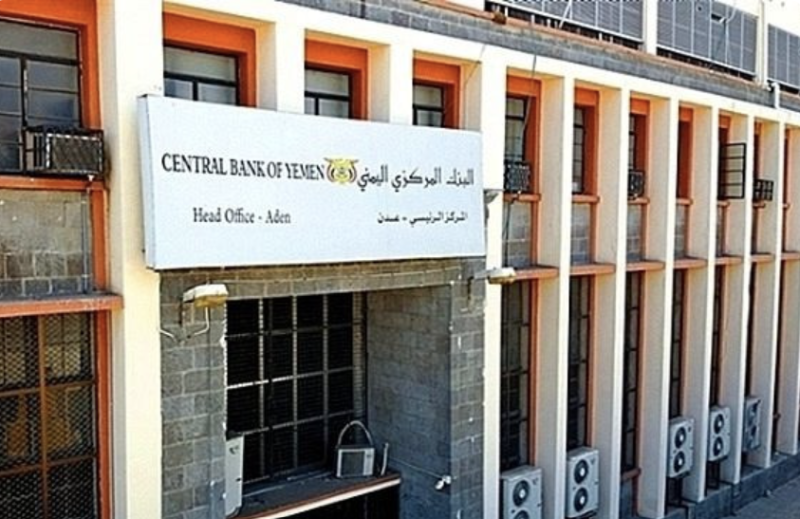Rebel threats, secret burials and shuttered hospitals mask spread of Yemen’s epidemic


As the coronavirus epidemic sweeps through Yemen, rebels who control the north of the country have been threatening medical workers to keep them quiet, part of an effort to cover up the true toll of the outbreak, humanitarian officials say.
In southern Yemen, ill-equipped hospitals are turning away patients with coronavirus symptoms, leaving them uncounted and at risk of dying at home, say international aid workers, local health officials and postings on social media.
The result is an outbreak health experts say is dramatically larger than the almost 400 cases and 87 deaths reported by official sources as of Wednesday.
Doctors and aid workers say they believe that thousands of Yemenis are being infected every week and hundreds are dying. Yemenis have flooded Facebook and other social media with death condolences in recent weeks, filling their pages with “electronic obituaries,” said one United Nations worker.
“We are just seeing the tip of the iceberg,” said Caroline Seguin, Yemen operations manager for the medical charity Doctors Without Borders, the only nongovernmental group treating coronavirus patients in the country.
In the worst-case scenario, the virus could ultimately infect about 28 million Yemenis — nearly the entire population — and cause at least 65,000 deaths, Altaf Musani, the World Health Organization’s
Weeks ago, epidemiologists warned that the virus could spread farther and faster in the Arab world’s poorest nation than in many other countries. But the reported case numbers remain deceptively low.
The northern rebels, known as the Houthis, have sought to hide the extent of the epidemic by threatening to arrest or kill doctors and journalists if they discuss the outbreak, and ordering the secret burial of those suspected of dying of covid-19, according to aid workers, U.N. employees and local doctors.
They also report that armed militiamen have been sent to the homes of people who have fallen ill. People are now too scared to report illness.
In the south, controlled by various armed groups, hospitals and clinics are turning away patients displaying coronavirus symptoms because of overcrowded wards and lack of trained staff and equipment, said U.N. experts and aid workers. Other facilities have closed because health workers are afraid to work without adequate personal protective gear and testing kits.
Deaths are mounting in the main southern city, Aden, with about 8o every day, a sevenfold increase over the normal death toll earlier this spring, according to Doctors Without Borders. In one week last month, at least 385 people in Aden died of coronavirus-like symptoms, said the charity Save the Children.
Long before the coronavirus emerged, Yemen was already being called the world’s worst humanitarian crisis, with at least 10 million people on the edge of famine. On Tuesday, a U.N. appeal for countries to fund emergency programs in Yemen fell far short of its goal, raising the prospect that programs to address the coronavirus epidemic could be slashed within weeks. Starvation, poverty and a litany of diseases have left Yemenis particularly vulnerable to the ravages of covid-19.
“There are preliminary reports from the isolation units that point to exceptionally high case-fatality rates,” said Lise Grande, the United Nations’ top humanitarian official in Yemen. “Although we don’t have strong enough testing and a strong enough information base, the rate indicates it could be more than double what it is in other countries.”

Aden — The United States Ambassador to Yemen underscored the critical importance of safeguarding the independence of the Central Bank of Yeme…

Sana’a – A new international report has confirmed that Houthi militias continue to escalate economic measures against the commercial se…

Aden — For three decades prior to the outbreak of war, Yemen’s oil and natural gas sector played a decisive role in shaping the country…